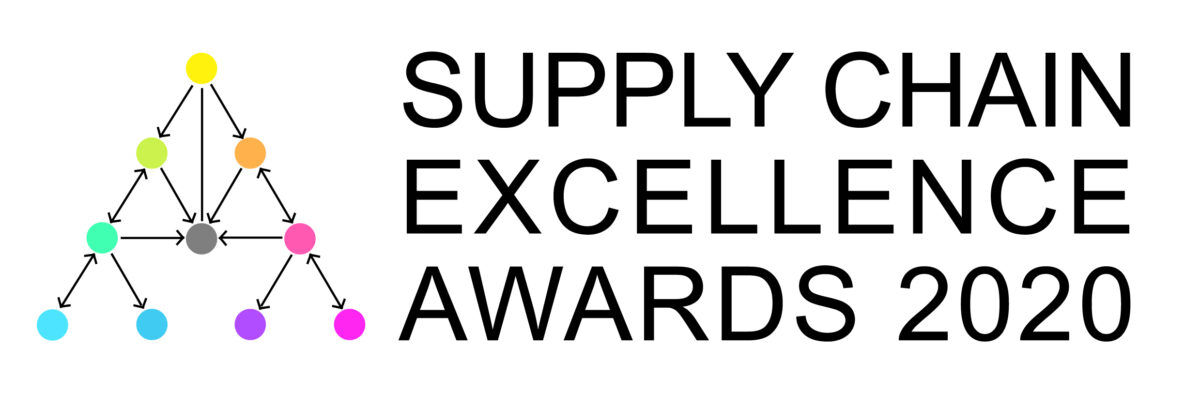Warehouse management systems no longer work in isolation. Integrated applications that bring together the benefits of RFID and voice recognition will be the winning formula.
Author: Alexandra Leonards
‘Making product available is critical to the way you compete,’ says the eminent British supply chain thinker and academic
Last year 19 PhD students from 11 European countries where brought together by the Research and Development Committee for the 7th ELA Doctorate Workshop. The students were selected by the committee based on three page abstracts of their research proposals
Are you active in the consumer goods logistics environment? Then we have good news. The European Logistics Association (ELA), in co-operation with Kurt Salmon Associates (KSA), is to research how well the industry utilises the improvement potential still
A Survey on the influence of supply chain management on strategy and finance. Results of the ELA/BearingPoint survey.
Factory gate pricing is currently being driven by supply chain people interested in efficiencies, but there is now a fear that buyers will hijack the process to create another stick with which to beat suppliers.
Investing in warehouse automation could be considered a gamble. But with competitive pressures building, getting supply chain costs down is leading many to take the plunge. Is it really that scary?
For some time, international consolidation – with its associated logistics challenges – has been more prevalent among Continental than UK retailers. But do the Europeans really aspire only to match the muscle of the world’s ‘super-shop’, WalMart, or is th
Through computer-to-computer communications, it’s now possible to automate many of the decisions involved in everyday transactions. Web Services are providing those closer connections between trading partners.
Team-building is the name of the game for the head of procurement for the UK’s Great North Eastern Railway






